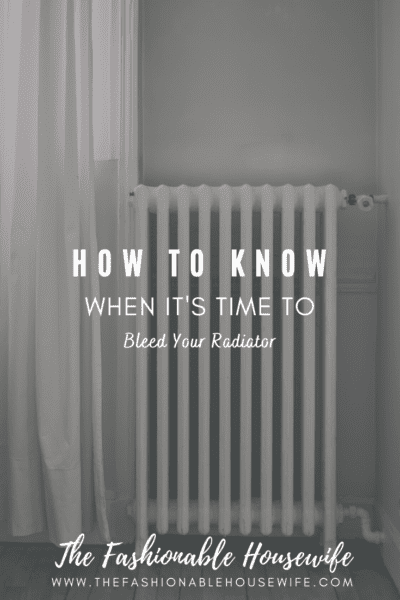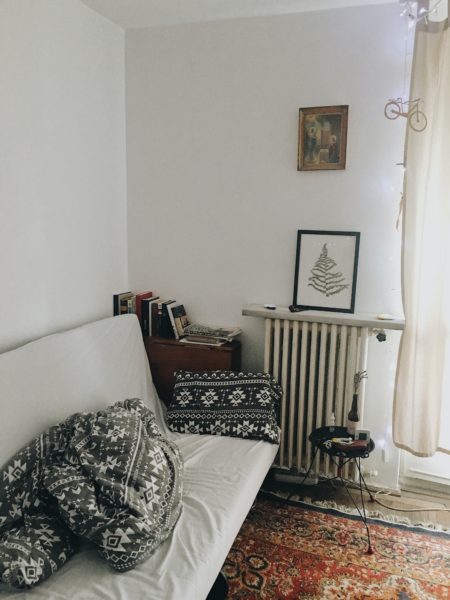
In these cold winter months, our heating systems can be our best friends or worst enemies. When your heating has a low heat output and you are sitting there shivering, there are a few things it could be. You might not even need to call a plumber if it just needs bleeding. All you need is a radiator key, which usually comes with the system or can be bought from most hardware shops, and the knowledge of how and when to bleed your radiators.
Is it Cold in Your House?

The most common cause for heating system malfunction is that the radiator needs bleeding. This means that the radiator has air bubbles trapped inside it. The trapped air stops the water in the system from being able to circulate.
How Does the Radiator Feel?
If your radiator is hot all over when the heating is switched on then it is a sure sign it is working properly. However, if the top of the radiator is cold or warm to the touch and the bottom is hot it is a sure sign that you need to bleed your radiator.
Can you Hear Noises?
Can you hear a strange gurgling sound coming from the pipes? It’s not a monster or something living in there, it is usually telling you that it needs bleeding. The hot water is trying to push its way over and under the trapped air in the pipes. Once you bleed it and the air escapes, it should stop gurgling. The gurgling sound can also be a clanking or banging sound, both of which should be resolved with a good bleed.
When Was the Last Time You Bled Them?
Even if your radiators are working efficiently and you have no cause for concern, you should still bleed them every year. This will keep them at the optimal level and make sure you don’t get a build-up of air inside your pipes and plumbing system. Always make sure your heating is off before attempting to bleed a radiator.
Have You Checked the Back Boiler Overflow?

This last option is usually reserved for old houses, people with log burner systems, or boats, modern houses don’t generally have a back boiler. However, if you do, and it keeps boiling over the edge, it is a sure sign that you need to bleed your radiator. Make sure you wait for the system to cool down before attempting this. You might also need to invest in a larger radiator if this continues to happen.
Remember, if you hear any strange noises or if bleeding the radiator doesn’t seem to be working then call in the professionals. Radiator technicians and plumbers will be able to diagnose the problem for you and give you a quote to fix it. Make sure if you are in doubt, to always contact a professional to find out if you need a new radiator.
We hope you have enjoyed this and learned something new about how to know when you need to bleed your radiator!



